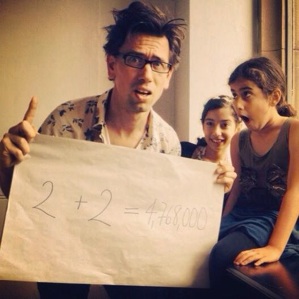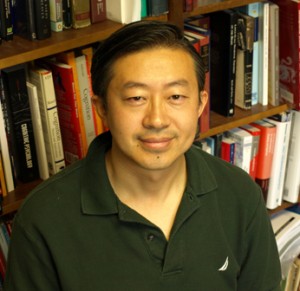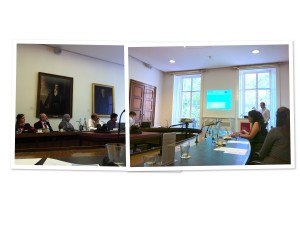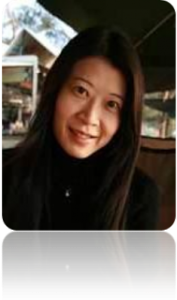Current Issues in Educational Neuroscience: A workshop sponsored by the Bloomsbury and UCL Doctoral Training Centres
Date and time: Friday 20th November 2015, Registration from 9:00, workshop 9:30 – 17:00
Location: Room B34, Birbeck, Malet Street, London WC1E 7HX (updated location)
This full day workshop features a keynote presentation by Professor Daphne Bavelier entitled “Learning and transfer: Lessons from action video games”, two themed sessions on educational neuroscience (on the training of executive functions, and on the environmental factors associated with cognitive development and learning), a lunchtime poster session, and a panel discussion.
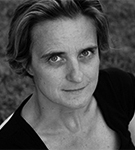
Professor Daphne Bavelier (University of Geneva) is a cognitive neuroscientist who studies brain plasticity. Her research tackles questions such as: What are the factors that promote such learning and brain plasticity? Are some parts of our nervous system more plastic than others, making some skills easier to acquire?
Professor Bavelier presented the popular TED talk “Your brain on video games”.
Who is the workshop for? MPhil/PhD students, MSc students, and early career researchers
Is there a registration fee? No, registration is free, but you must register to attend.
How do I book? To reserve your place, please email the Centre for Educational Neuroscience administrator at centre4educationalneuroscience@gmail.com, with NOVEMBER WORKSHOP in the subject line. Please indicate in the email what programme you are studying on.
Can I present a poster? If you have research to present that is relevant to educational neuroscience (in its broadest sense) we would love to hear from you. Please email a 300 word abstract of your poster to the Centre for Educational Neuroscience administrator at centre4educationalneuroscience@gmail.com, with NOVEMBER WORKSHOP POSTER in the subject line.


